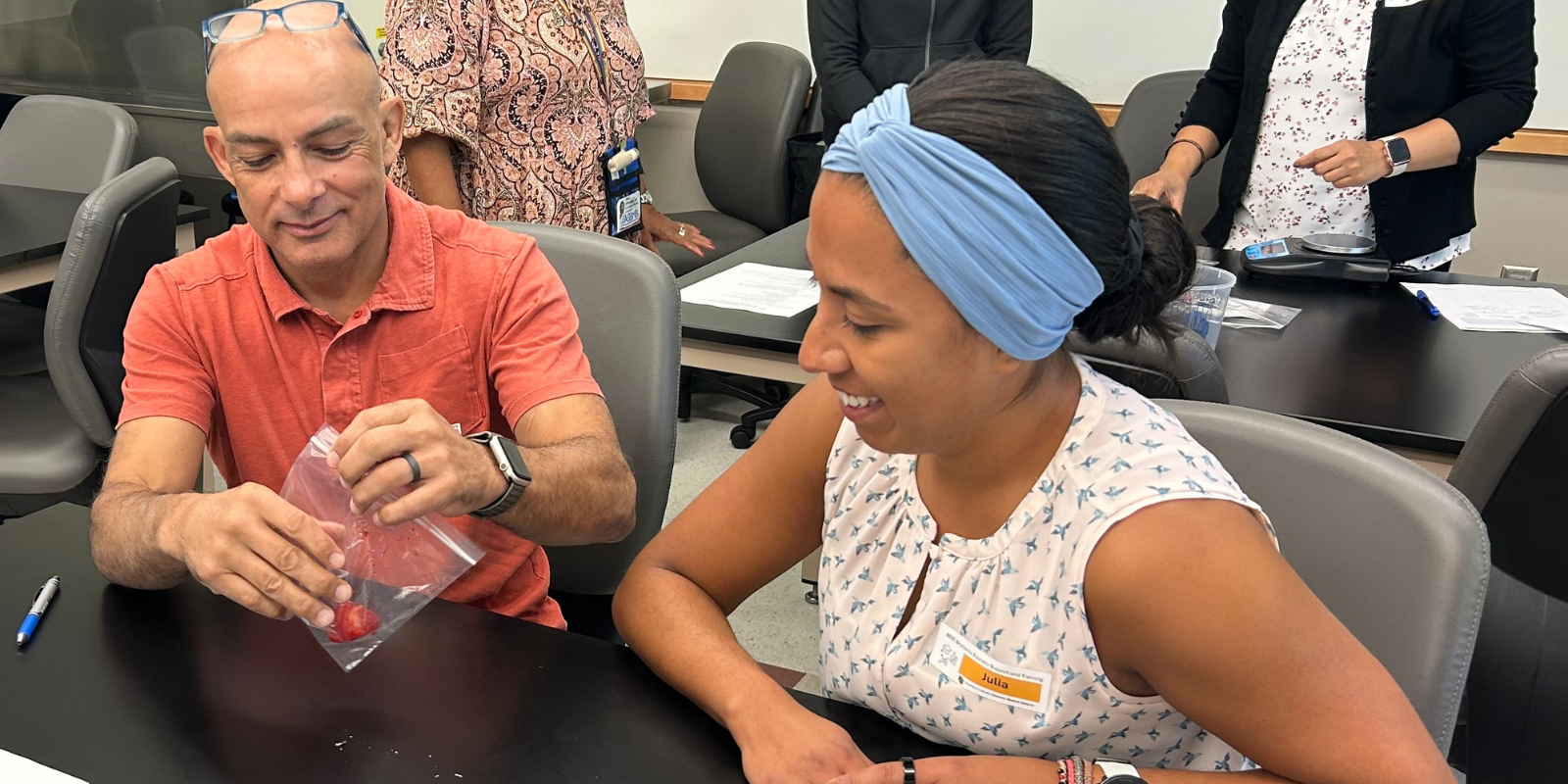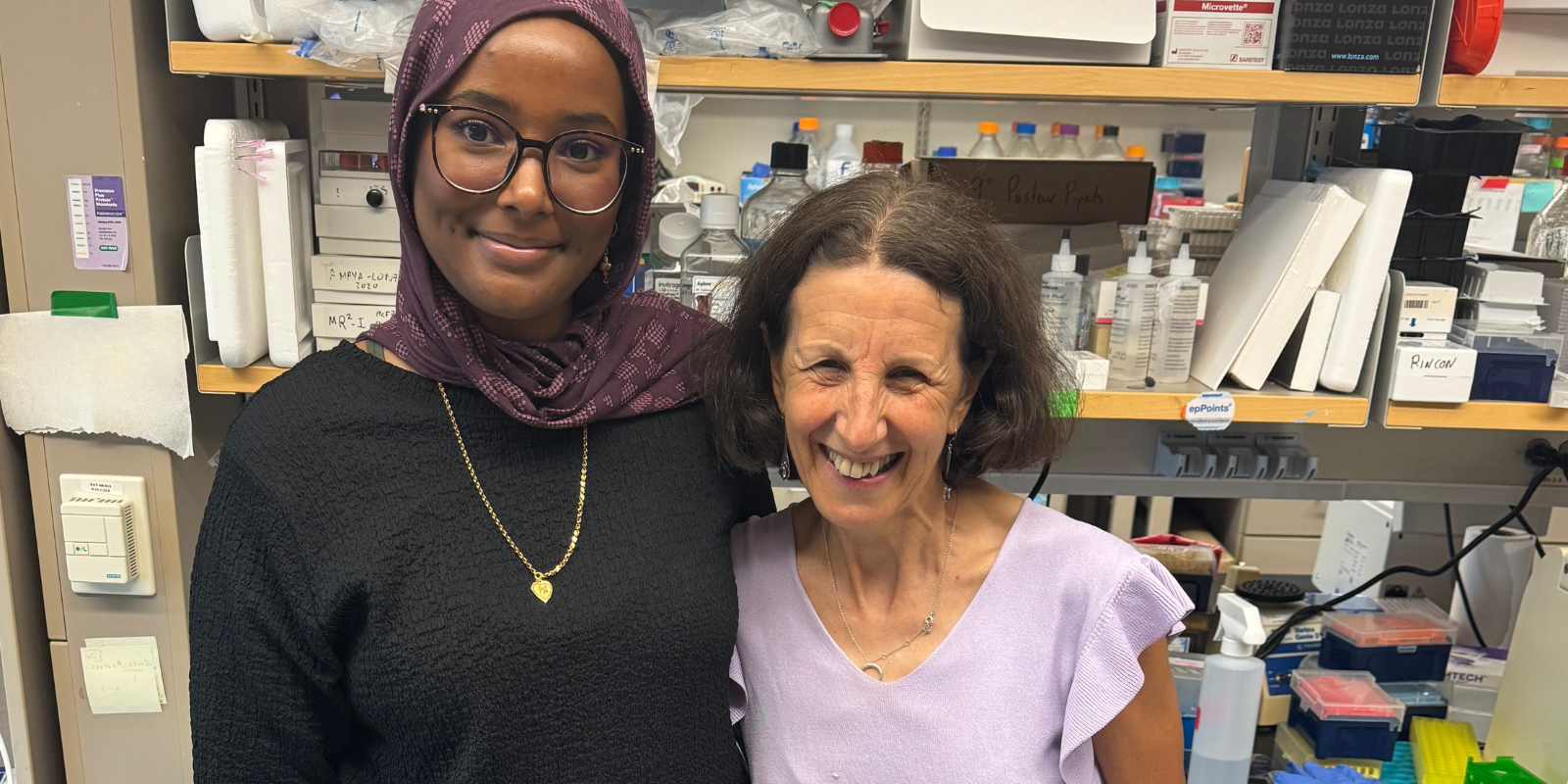
Humans of Anschutz: Heather Leach
“I grew up playing all types of sports in Alberta, Canada, but my heart belonged to soccer. The sport brought me to the University of Alabama on a soccer scholarship, where I began my education in exercise science. After my soccer career ended, I knew that I wanted to continue my love for exercise and physical activity in some way. Through my studies in exercise physiology and kinesiology, I learned how being active could prevent, and even help people recover from chronic disease. During my PhD and postdoctoral fellowship, I began researching the benefits of physical activity for people diagnosed with cancer. Now, my mission is simple: I want to get cancer survivors moving and keep them moving. My research focuses on physical activity promotion and understanding how exercise works in the human body. There are so many benefits of being physically active during and after cancer treatment. It has been shown study after study. Physical activity helps with many negative side-effects of cancer treatment including reducing fatigue, lowering the risk of depression, and improving physical and mental health. Not only that, more and more studies are finding that regular exercise is linked to reductions in and mortality among colorectal, prostate and breast cancer survivors. The reasons behind this are still up in the air, but many believe it has to do with multiple biological processes in the body. Regular exercise also reduces obesity and controls insulin and glucose, which may have an impact on cancer risk. Recently there has been a big undertaking in encouraging cancer survivors to move more and sit less, both during and after treatment. The BfitBwell Cancer Exercise Program on the Anschutz Medical Campus and Fit Cancer Program on the Colorado State University Campus are great examples of how individualized exercise plans can be a form of rehab and even social support for individuals diagnosed with cancer.
I truly believe that society should view exercise as medicine. Multiple studies have found that activity reduces cancer risk in seven different cancer types at rates ranging from 10 percent to 35 percent. That is huge! Being physically active is such an important part of a healthy lifestyle for everyone whether they have been diagnosed with cancer or not. Some of the best ways get active and keep moving are to start small, find something you enjoy, and bring a friend!”
~ Heather Leach, PhD, Assistant Professor, Director – Physical Activity for Treatment and Prevention Lab, Colorado State University (CU Cancer Center Consortium Member)



